The never-ending war between humans and microorganisms
At the scientific conference on Application of Artificial Intelligence and Big Data in Clinical Practice of Infectious Diseases held at the Hospital for Tropical Diseases in Ho Chi Minh City, Associate Professor, Dr. Nguyen Van Vinh Chau - Deputy Director of the Ho Chi Minh City Department of Health - emphasized the importance of innovation in the long-term fight against infectious diseases.
Infectious diseases have always been one of the biggest challenges to global public health. In tropical countries like Vietnam, where the environment is favorable for microorganisms to grow, this battle is even more fierce and persistent.
Throughout history, the world has suffered severe disease outbreaks that have killed tens of millions of people.
Today, humans continue to face new threats from infectious diseases, especially those transmitted from animals to humans such as avian influenza, SARS, MERS and most recently Covid-19.
Since ancient times, humans have constantly faced new threats from infectious diseases caused by constantly evolving microorganisms.
What is unique about infectious diseases is the complexity and unpredictability of the pathogens that cause them. Microorganisms are constantly evolving through mutations, which help them evade attack by the immune system or antibiotics. What is worrying is that antibiotic resistance – an inevitable consequence of mutation – is becoming increasingly common.
Antibiotics were discovered nearly 100 years ago and had a golden age of production (1940-1960), but the number of new drugs is now increasingly scarce. Meanwhile, strains of bacteria resistant to single, multiple, and even all antibiotics have appeared, pushing medicine into a passive state.
The evolution of microorganisms means that any drug or vaccine may become ineffective over time. This requires humans to not only rely on available tools but also constantly innovate and create from approaches, diagnostic methods, treatments to long-term prevention strategies.
According to him, the current approach requires a systematic strategy, integrating many fields from genomic analysis, metabolomics, immunology, to vaccine development (vaccinomic).
In particular, the birth of mRNA vaccines is an unprecedented breakthrough in medical history, as it took humans only 12 months to go from virus sequencing to community vaccination.
Dr. Chau also cited research by scientists from Imperial College London (UK) showing that if the Covid-19 vaccination campaign had started just 100 days after decoding the virus genome, the world could have prevented 8.3 million deaths and more than 26 million infections.
From this methodical calculation, the world has formed the concept of "100-Day Mission" to prepare for future pandemics.
The mission aims to have rapid diagnostic solutions, effective initial treatments, and vaccines for mass vaccination within 100 days of identifying a new pandemic agent.
“Innovation is the weapon that helps humans not only fight the epidemic but also live and evolve with microorganisms sustainably,” Dr. Chau affirmed.
AI predicts measles outbreak in Ho Chi Minh City
At the conference, Dr. Nguyen Le Nhu Tung - Deputy Director of the Hospital for Tropical Diseases in Ho Chi Minh City - also shared more specifically about the implementation of artificial intelligence (AI) and big data applications in research, diagnosis and warning of infectious diseases at the hospital in recent times.
Dr. Tung said that from 2018 to now, the hospital has carried out 22 research projects applying AI and Big Data, including studies on forecasting flu and dengue fever, recognizing handwriting in medical records using machine learning, monitoring vital signs remotely via wearable devices...
AI and big data help hospitals improve their ability to predict and warn of epidemics early.
For example, the Ho Chi Minh City Department of Health’s infectious disease surveillance system recorded an increase in measles cases in 2024, thereby promptly implementing vaccination campaigns and declaring outbreaks. The expanded immunization information system also provides data on vaccination rates, supporting the prediction of disease risks by region and population group.
Around the world, systems such as BlueDot (Canada) and FluMap (USA) have proven effective in warning early signs of disease before the Covid-19 pandemic.
In Vietnam, AI is also applied to analyze disease cycles, predict the duration and peak of the epidemic, as well as build epidemiological models to assess the spread based on factors such as age, gender and underlying diseases.
This technology helps identify high-risk groups, prioritize vaccination strategies, and estimate the need for supplies, medicines, and human resources for rapid response.
However, the AI - Big Data implementation process still faces many challenges such as uneven data quality, lack of personnel with in-depth understanding of both medicine and technology, and large infrastructure investment costs.
Source: https://dantri.com.vn/suc-khoe/khi-ai-va-big-data-tro-thanh-vu-khi-moi-cua-nganh-y-te-20250529134256420.htm


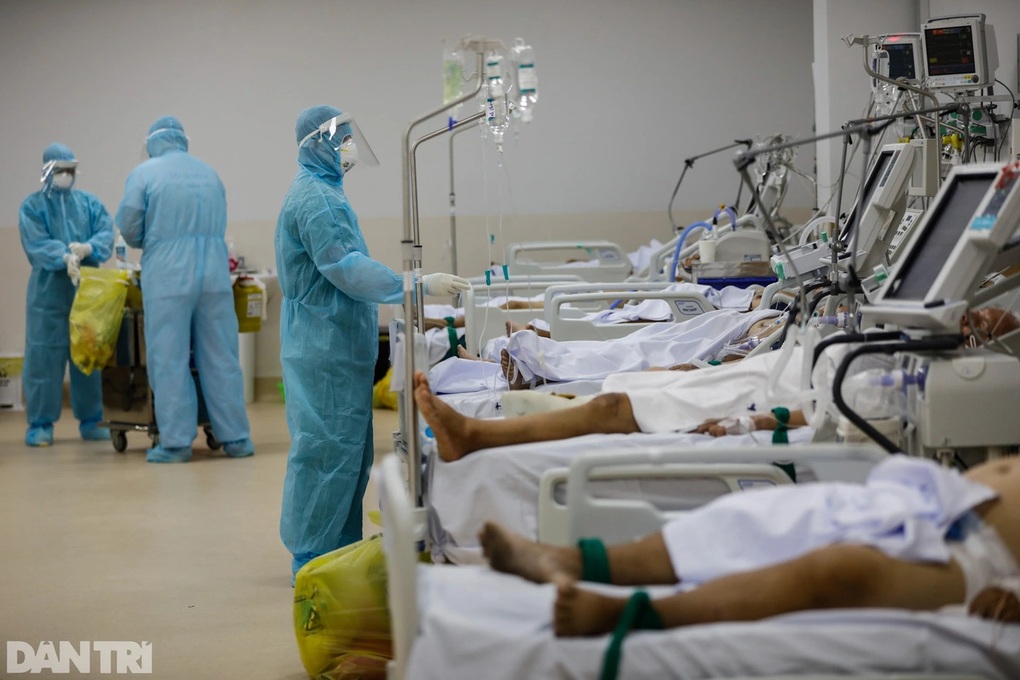




![[Photo] Discover unique experiences at the first World Cultural Festival](https://vphoto.vietnam.vn/thumb/1200x675/vietnam/resource/IMAGE/2025/10/11/1760198064937_le-hoi-van-hoa-4199-3623-jpg.webp)



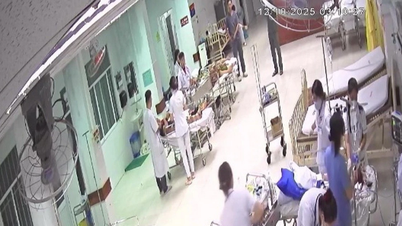






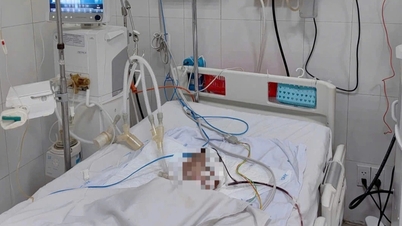










![[Photo] General Secretary attends the parade to celebrate the 80th anniversary of the founding of the Korean Workers' Party](https://vphoto.vietnam.vn/thumb/1200x675/vietnam/resource/IMAGE/2025/10/11/1760150039564_vna-potal-tong-bi-thu-du-le-duyet-binh-ky-niem-80-nam-thanh-lap-dang-lao-dong-trieu-tien-8331994-jpg.webp)






























![[Photo] General Secretary attends the 80th Anniversary of the Traditional Day of the Armed Forces of Military Region 4](https://vphoto.vietnam.vn/thumb/402x226/vietnam/resource/IMAGE/2025/10/12/1760265970415_image.jpeg)



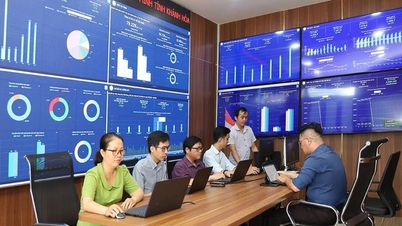



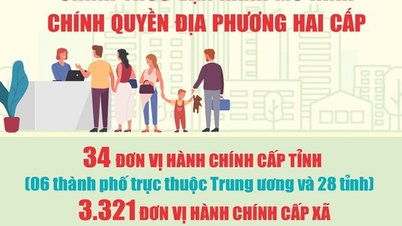
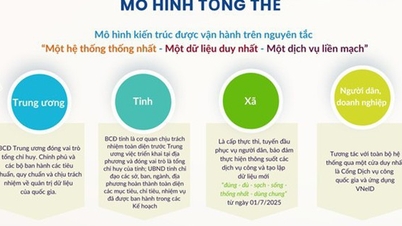
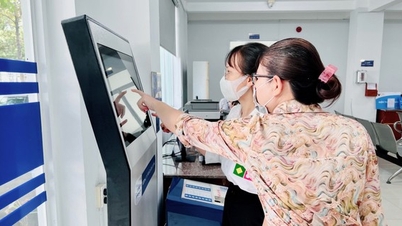


























Comment (0)